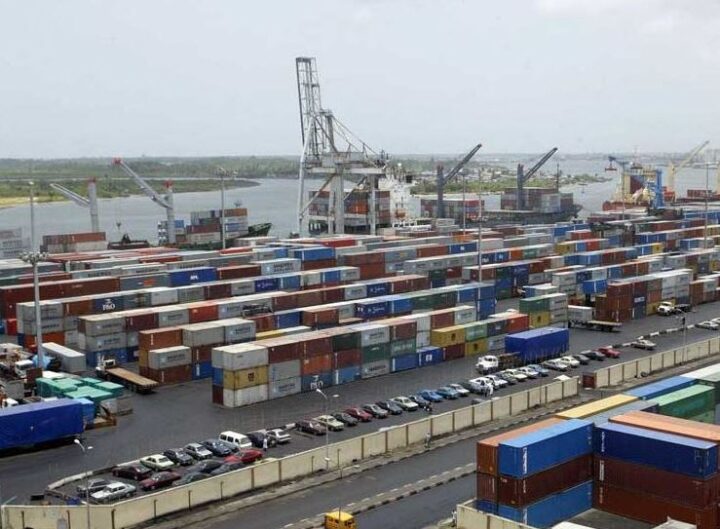Exporters are re-routing cargoes to Port Harcourt and Calabar ports as congestion hampered business activities at the Lagos port.
Port congestion is a major challenge in Africa’s maritime sector.
In Nigeria, the problem is compounded by abandoned cargoes.
Temitayo Akorede, operation officer, Wameny Nigeria Limited, said the development caused a surge at the Port Harcourt port.
Advertisement
Akorede said the Port Harcourt port is now attracted to exporters because of the seamless clearing process and documentation, making business less difficult.
“I am very certain of Port Harcourt. In Port Harcourt, there is less paperwork process, unlike Lagos, which demands unnecessary documentation,” Akorede told TheCable.
Adeola Adegoke, president of the Cocoa Farmers Association Nigeria (CFAN), also confirmed to TheCable that shippers are now moving their cargoes through Calabar Port rather than Lagos Port.
Advertisement
‘Yes indeed, and the fact that Apapa port has a lot of congestion now,” Adeola said.
Last year, the Nigerian Ports Authority (NPA) said over 6,000 abandoned containers across ports caused congestion — the highest in Lagos.
NPA added that the abandoned shipments, usually known as overtime cargoes, include over 1,800 vehicles.
The lingering bottlenecks at the ports reportedly cost exporters around N90 billion in damaged products, according to the Shippers Association of Lagos.
Advertisement
In February 2021, the agency launched an electronic call-up system (ETO app) to reduce traffic at ports.
While the application was successful in cutting down gridlock around the roads inbound the Apapa Port to 80 percent, the congestion persists, especially at the Tincan terminal, where ETO is hardly used.
“I think they should bring more options to expedite the export process at Lagos port, most especially at Tincan,” Akorede added.
“For instance, Tincan hardly follows all these processes of Good2go and ETO. That is why a lot of things happen at Tincan.”
Advertisement
Last week, Mohammed Bello-Koko, the new managing director of the Nigeria Ports Authority (NPA), pledged to ease gridlock at Nigeria’s ports and fully automate the ports system.
He said the new leadership would pursue rehabilitation of decaying ports infrastructure, improve marine services, cut expenditures, and improve revenue.
Advertisement
While stakeholders are hoping for improvement, the continued congestion at the Lagos port placed a burden on export activities, forcing exporters to seek alternative routes.
Adeniyi Shola, president of Avocado Society of Nigerian, told TheCable that even before exporters started diverting cargoes to Calabar, they went through Cotonou because of the ease of clearing and swift processes.
Advertisement
Shola complained about the situation at the Lagos ports, noting that it could take up to four weeks for clearing a container, and after clearance, it is difficult to get out of the Apapa.
According to him, if the problem is not addressed, the congestion may spread to the ports.
Advertisement
“The congestion will also happen in all those places because we really lack effectiveness as a nation. This is a country of 200 million with over 60 percent of the people active in business,” he said.
“Another problem is also when you have over 10 agencies doing the same thing. It is pathetic. The number of agencies at the ports needs to be reduced.”







